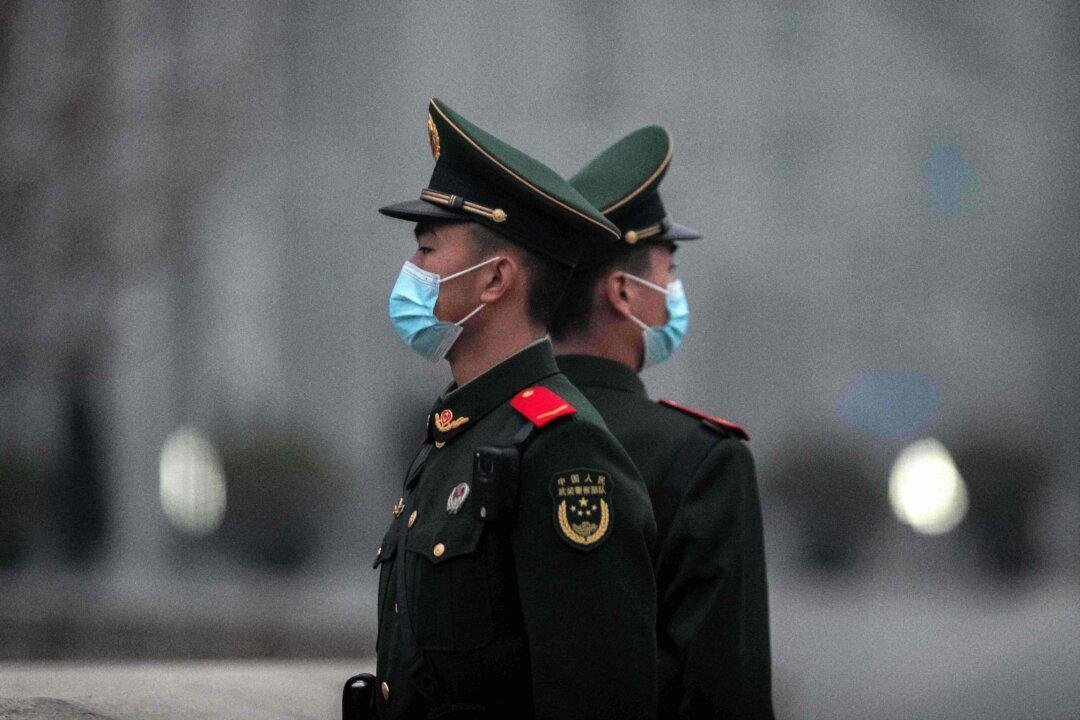The proposal to mandate registration for foreign agents has gained widespread support among Canadians, as disclosed in a recent briefing note by Public Safety Canada.
“So far, the feedback we received from Canadians and a diverse range of stakeholders has indicated that there is broad support for a Registry,” the federal department said in a briefing note dated Oct. 24, 2023. The briefing note was obtained by Blacklock’s Reporter and subsequently reviewed by The Epoch Times.





